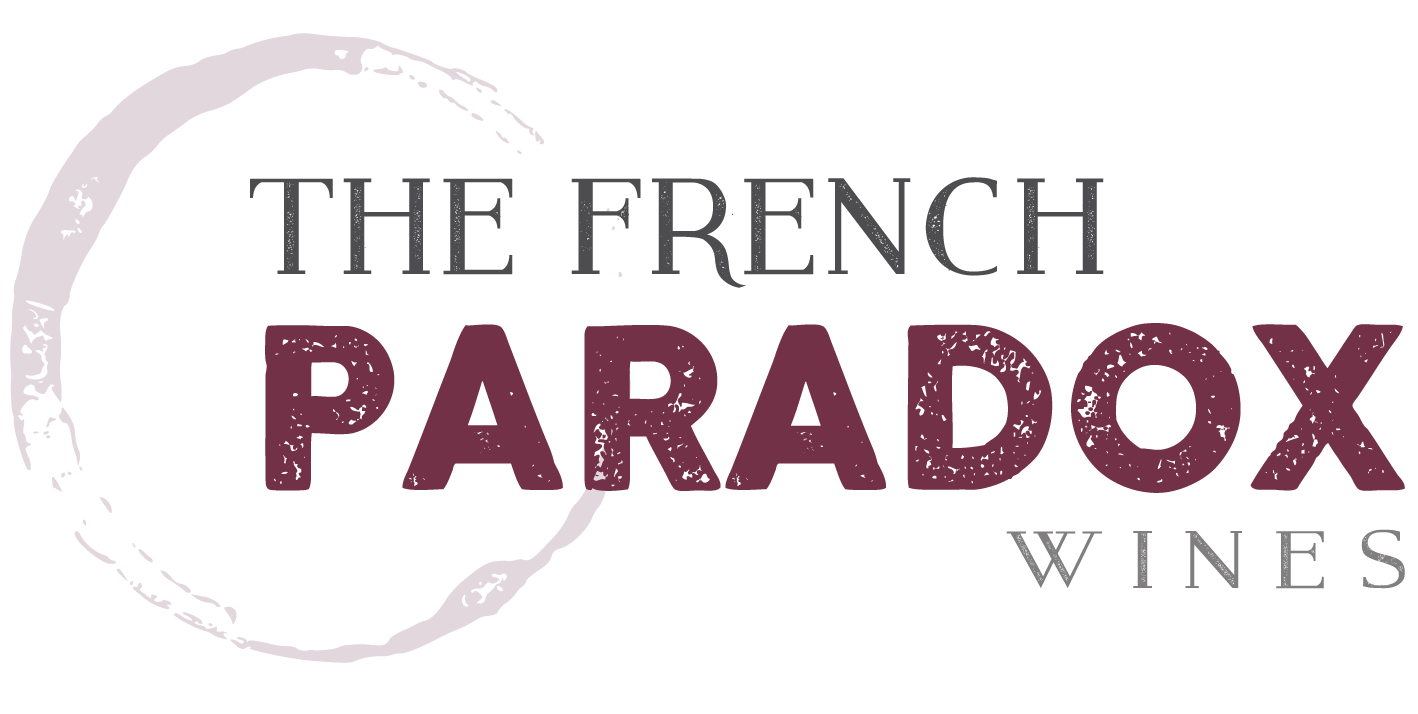Here’s the thing…cheating (in wine) is not a new thing. For centuries, less scrupulous producers have blended grapes from other regions into their wines in order to make their wine seem more impressive. It used to be, that, the culprit was found out because wine drinkers were generally in agreement upon how a wine was supposed to taste and when a particular wine showed up tasting differently, people cried foul. Nowadays, thanks to the reach of the internet and the vast number of wine writers, critics and commentators (who really don’t have a clue what they’re talking about), a wine that tastes like it shouldn’t, gets praised and lionized, because to the uninitiated, if a good wine is a big wine, than a bigger wine is a better wine.
And so we have Pinot Noir that tastes like Syrah (probably because it has Syrah blended into it.)
So, who cares? If the public likes big wines and wineries are delivering big wines, why worry what the bottle says?
And to a degree, I’m ok with that. Any number of wineries make blends of undetermined grapes, often, even, from various vintages. Some of those wine are really very good and represent some of the best values in the wine world. Some less so (some really suck). But, regardless of my opinion, there is a fundamental honesty about those wines (even when they suck). They don’t claim to be anything other than what they are…an enjoyable, readily consumable wine.
The wines, however, that pretend to be of a particular place (and are not) or a particular grape or blend (and are not) are of a different sort. Typically, these wines are attempting, by lying about the grape, blend or place, to fool the pubic into overpaying for the wine. Let’s be clear: no one is taking expensive grapes (like Napa Valley Cabernet) and adding it to their inexpensive Central Coast red blend and charging less money for it. But some are doing the reverse…they adding undisclosed grapes to their otherwise inferior wine in order to charge more money. And in addition to that financial fraud, they are also confusing an already confused wine buying public.
But, again…who cares? It’s only wine. If you like the wine and accept that the price is fair, then should you really care that the label says one thing and the wine is actually something else? I mean, does it really matter?
Big picture, yep, it matters. Integrity matters. Labeling laws should be upheld. A consumer should be able to trust that what the label claims is so, is just that.
Small picture? Maybe not…maybe it just doesn’t matter to you. If it tastes good, it is good, right? Who cares what the elite wine snobs think? At the end of the day, its at least partly about the buzz anyway. And does cheating affect the buzz?
Probably not. But its still cheating.
